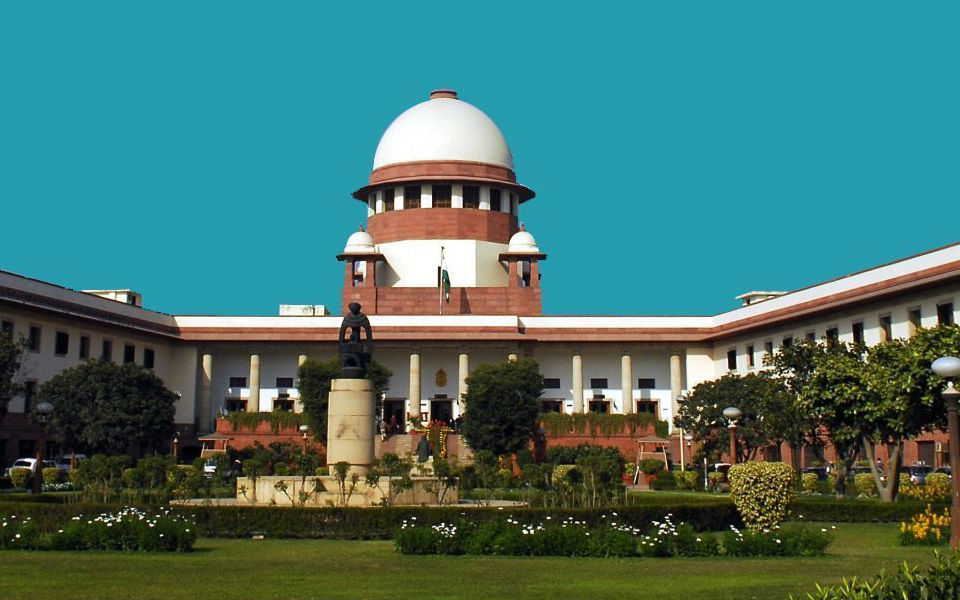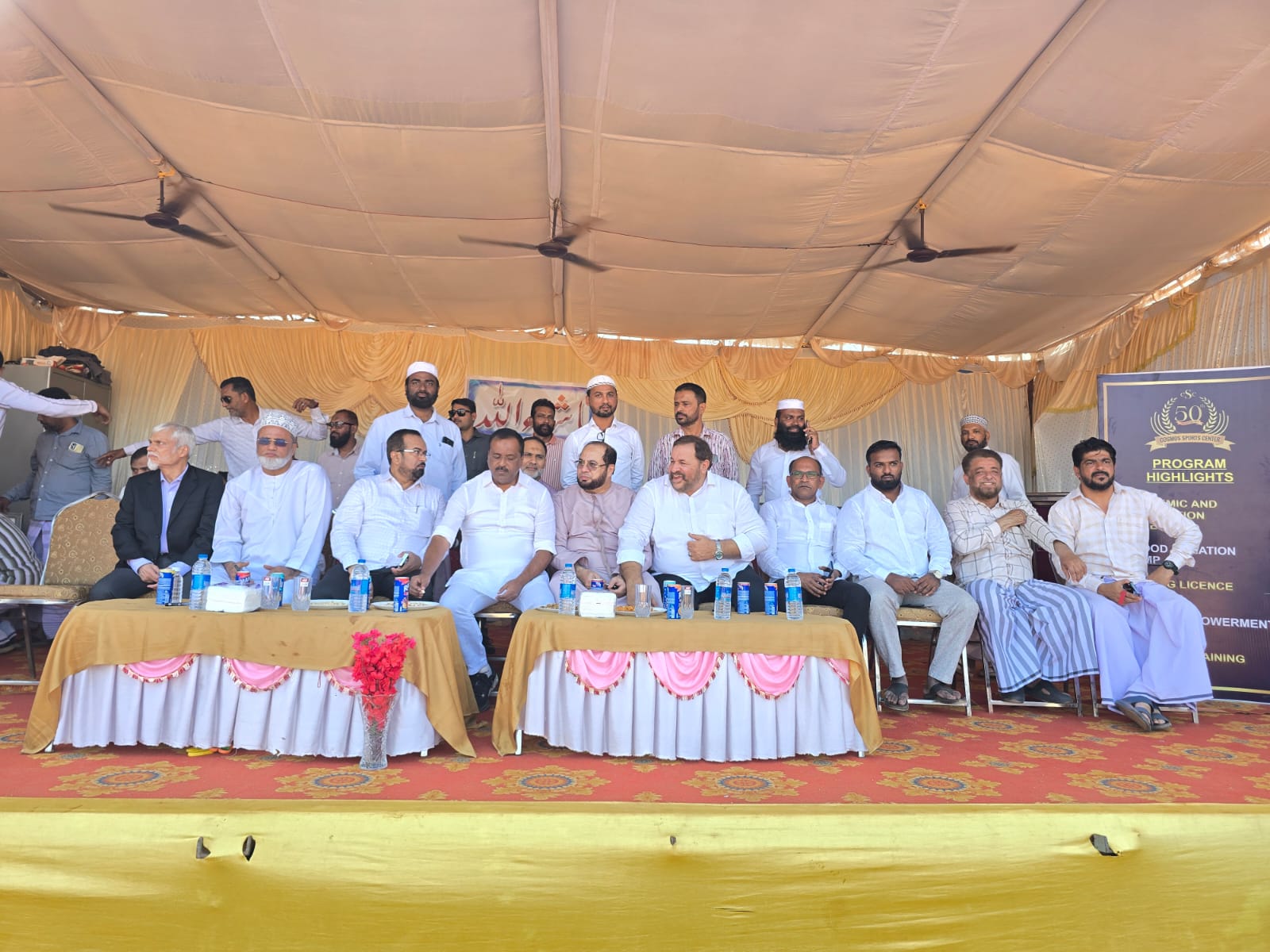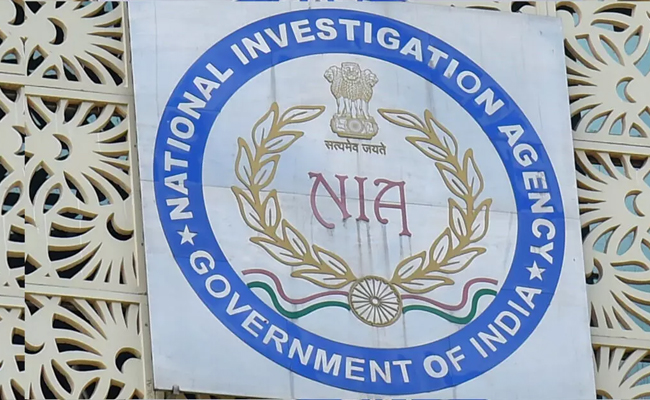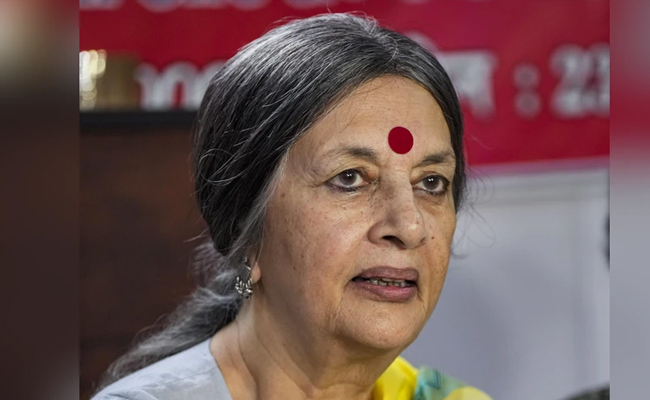New Delhi, May 7: The Supreme Court on Monday set aside a provision of a law that allowed government accommodation to former Uttar Pradesh Chief Ministers, terming it "arbitrary and discriminatory" as it violated the concept of equality.
A bench headed by Justice Ranjan Gogoi said once a Chief Minister demits office, there was nothing to distinguish him or her from a common man.
Setting aside the provision of the law passed by the Uttar Pradesh Assembly, the bench said such bungalows constitute "public property which by itself is scarce and meant for use of current holders of public offices".
The apex court struck down Section 4(3) of the Uttar Pradesh Ministers (Salaries, Allowances and Miscellaneous Provisions) Act, 1981, as amended in 2016, allowing former Chief Ministers of the state to be entitled to allotment of government accommodation for their life time.
The amendment was introduced by then Uttar Pradesh Chief Minister Akhilesh Yadav's government in 2016.
In its judgment, the top court said that "natural resources, public lands and public goods like government bungalows/official residence are public property that belongs to the people of the country".
"The 'Doctrine of Equality' which emerges from the concepts of justice, fairness must guide the State in the distribution/allocation of the same. The Chief Minister, once he/she demits the office, is at par with the common citizen, though by virtue of the office held, he/she may be entitled to security and other protocols.
"But allotment of government bungalow, to be occupied during his/her lifetime, would not be guided by the constitutional principle of equality," it added.
The bench said amended Section 4(3) of the 1981 Act recognised former holders of public office as a "special class of citizens", which is "arbitrary and discriminatory" thereby violating the equality clause.
"It is a legislative exercise based on irrelevant and legally unacceptable considerations, unsupported by any constitutional sanctity," the bench added.
"Undoubtedly, Section 4(3) of the 1981 Act would have the effect of creating a separate class of citizens for conferment of benefits by way of distribution of public property on the basis of the previous public office held by them.
"Once such persons demit the public office earlier held by them there is nothing to distinguish them from the common man. The public office held by them becomes a matter of history and, therefore, cannot form the basis of a reasonable classification to categorise previous holders of public office as a special category of persons entitled to the benefit of special privileges," the judgment stated.
"Consequently, we hold that Section 4(3) of the 1981 Act cannot pass the test of Article 14 of the Constitution of India and is, therefore, liable to be struck down.
"We, therefore, hold that the aforesaid Section 4(3) of the Uttar Pradesh Ministers (Salaries, Allowances and Miscellaneous Provisions) Act, 1981 is ultra vires the Constitution of India as it transgresses the equality clause under Article 14. The writ petition in question, therefore, is allowed.
The top court order came on a plea by NGO Lok Prahari challenging amendments to the Uttar Pradesh legislation allowing former Chief Ministers of the state to continue occupying government bungalows.
Let the Truth be known. If you read VB and like VB, please be a VB Supporter and Help us deliver the Truth to one and all.
Mumbai (PTI): In view of Argentine superstar footballer Lionel Messi's visit to Mumbai on Sunday, the city police are implementing stringent security measures, like not allowing water bottles, metals, coins inside the stadiums and setting up watchtowers to keep an eye on the crowd, officials said.
The police also said taking extra care to avoid any stampede-like situation and to prevent recurrence of the chaotic situation that unfolded in Kolkata during Messi's visit on Saturday as thousands of fans protested inside the Salt Lake stadium here after failing to catch a clear glimpse of the football icon despite paying hefty sums for tickets.
Messi is expected to be present at the Cricket Club of India (Brabourne Stadium) in Mumbai on Sunday for a Padel GOAT Cup event followed by attending a celebrity football match. He is expected to proceed to the Wankhede Stadium for the GOAT India Tour main event around 5 pm.
"In view of Lionel Messi's visit to Mumbai, the police are geared up and have put in place a high level of security arrangements in and around the stadiums located in south Mumbai. Considering the chaos that prevailed in Kolkata and the security breach, we have deployed World Cup-level security arrangements at Brabourne and Wankhede stadiums," an official said.
Expecting heavy crowd near the stadiums during Messi's visit, the city police force has deployed more than 2,000 of its personnel near and around both the venues, he said.
As the Mumbai police have the experience of security 'bandobast' during the victory parade of ICC World Cup-winning Indian team and World Cup final match at the Wankhede Stadium, in which over one lakh cricket fans had gathered, we are prepared to handle a large crowd of fans, he said.
"We are trying to avoid the errors that occurred in the past," the official said.
There is no place to sneak inside the stadiums in Mumbai like the Kolkata stadium, according to him.
The police are also asking the organisers to provide all the required facilities to the fans inside the stadium, so that there will be no chaos, he said, adding the spectators have purchased tickets in the range of Rs 5,000 to 25,000. After paying so much of amount, any spectator expects proper services, while enjoying the event, he said.
The police are expecting 33,000 spectators at the Wankhede Stadium and over 4,000 at Brabourne Stadium. Besides this, more than 30,000 people are expected outside and around the stadiums just to have a glimpse of the football sensation, he said.
The organisers responsible for Messi's India visit recently came to Mumbai to discuss security arrangements. During the meeting, the Mumbai police asked them not to take the event lightly, according to the official.
After those requirements were fulfilled, the final security deployment was chalked out, he said.
Police has the standard procedure of the security arrangements inside the Wankhede Stadium, where people are barred from taking water bottles, metals objects, coins. Police are setting up watch towers near the stadiums and there will be traffic diversions, so that there is maximum space available to stand, according to the official.
Police are also appealing to the spectators to use public transport service for commuting and avoid personal vehicles to reach south Mumbai.
To avoid any stampede-like situation, police are also taking precautionary measures and will stop the fans some distance ahead of the stadium and public announcement systems will be used to guide the crowd. Barricades will be placed at various places to manage the crowd.
In case the crowd swells up beyond expectation, the police will divert people to other grounds and preparations in this regard underway, he said.
Additional police force has been deployed in south Mumbai to tackle any kind of situation, he said.





